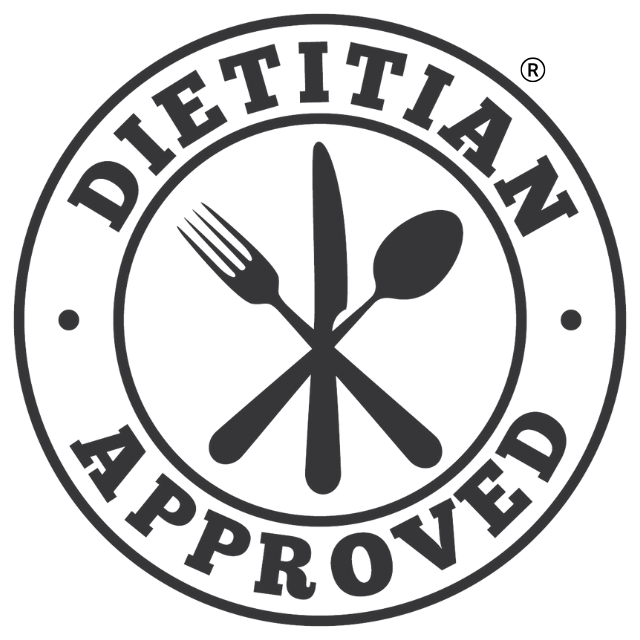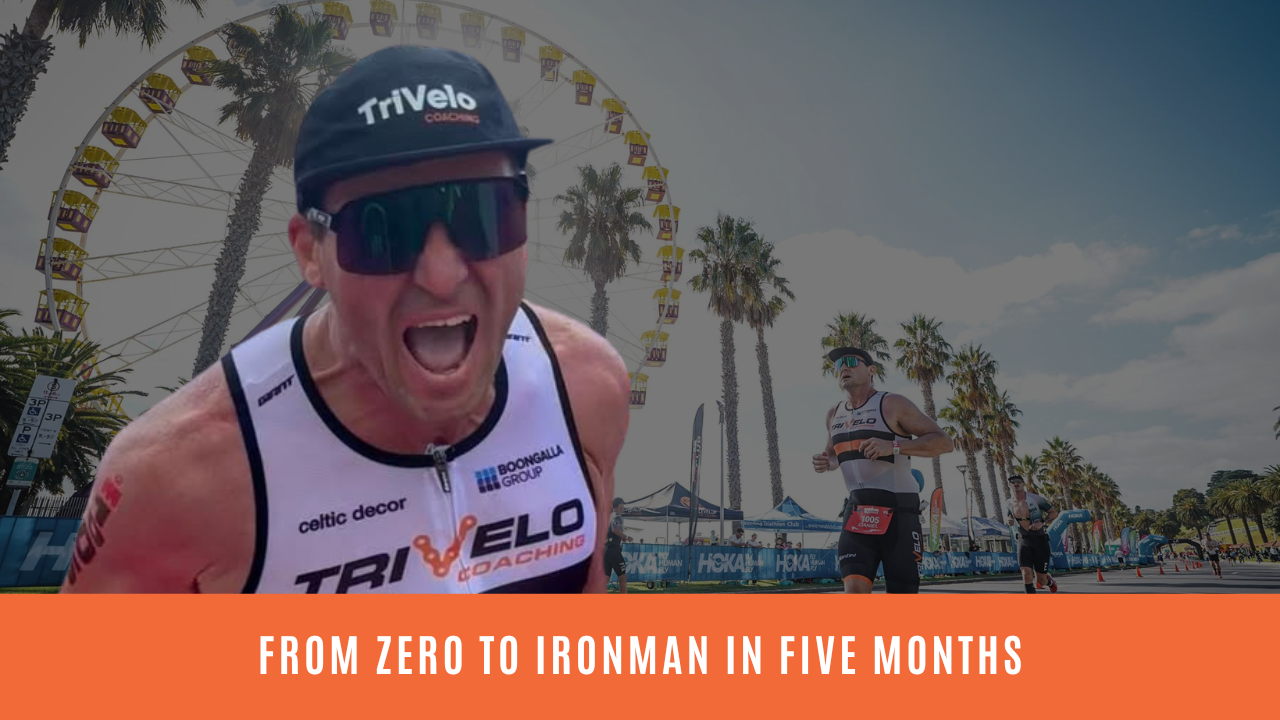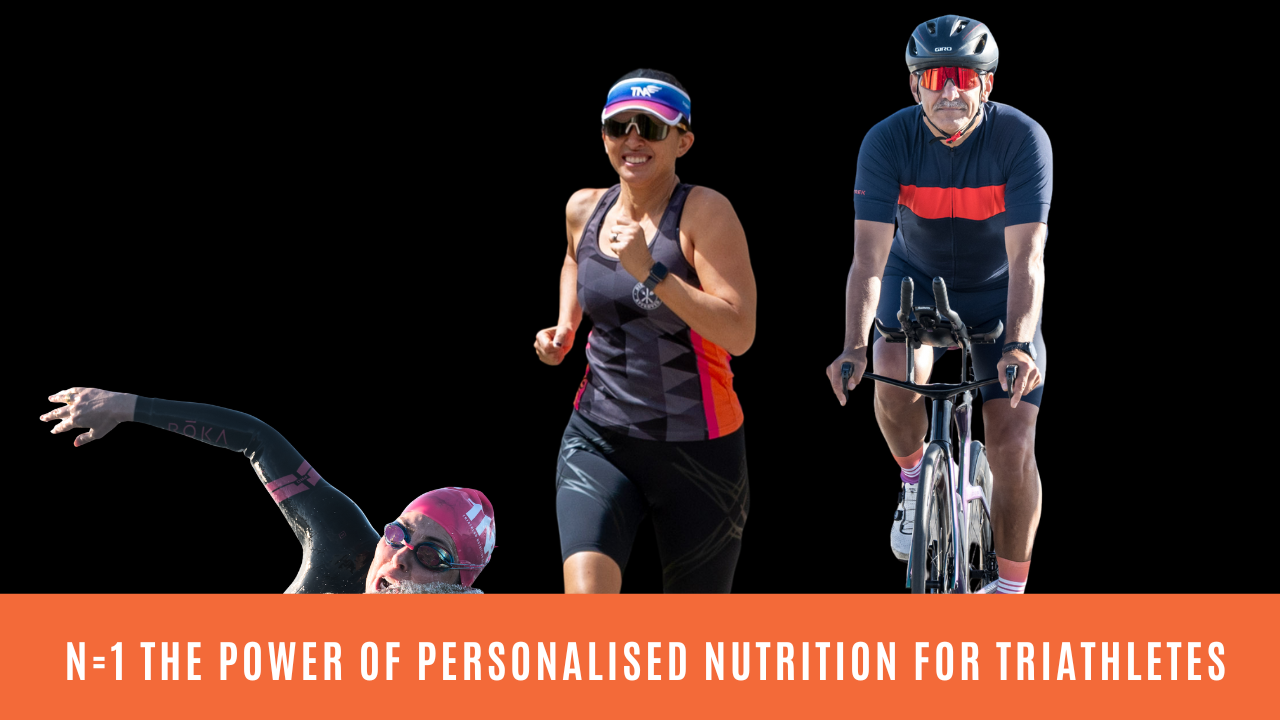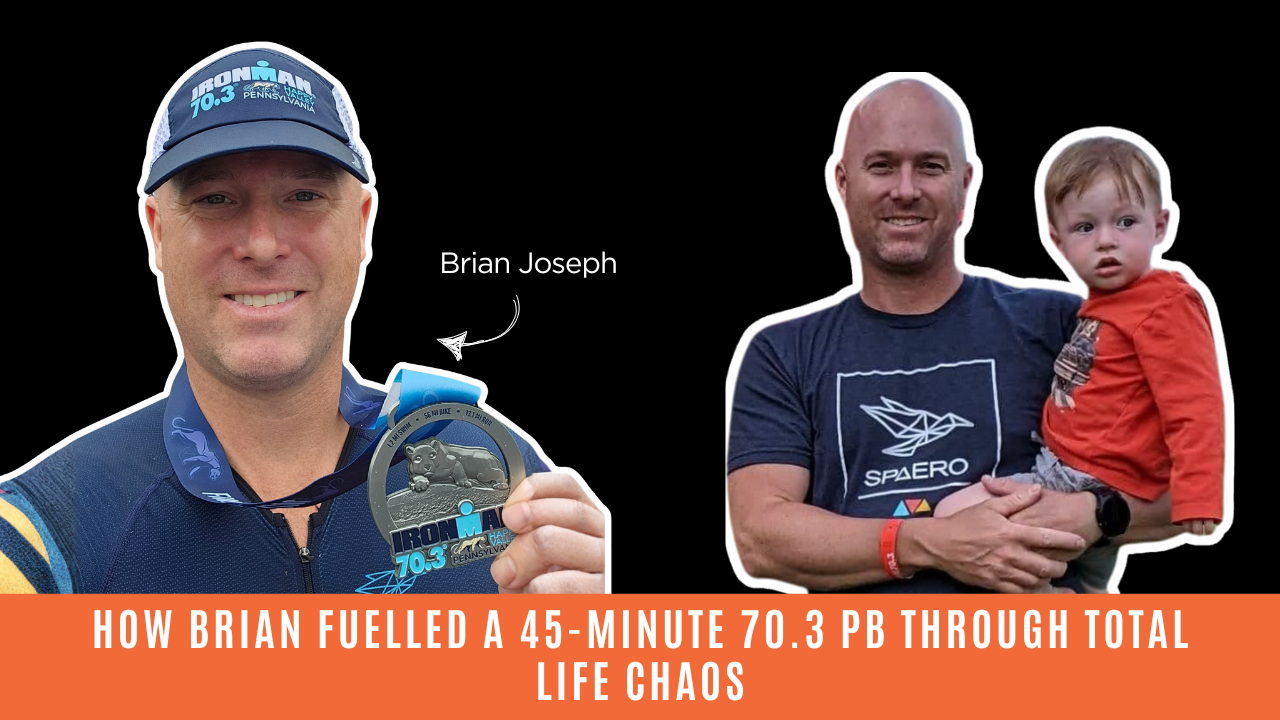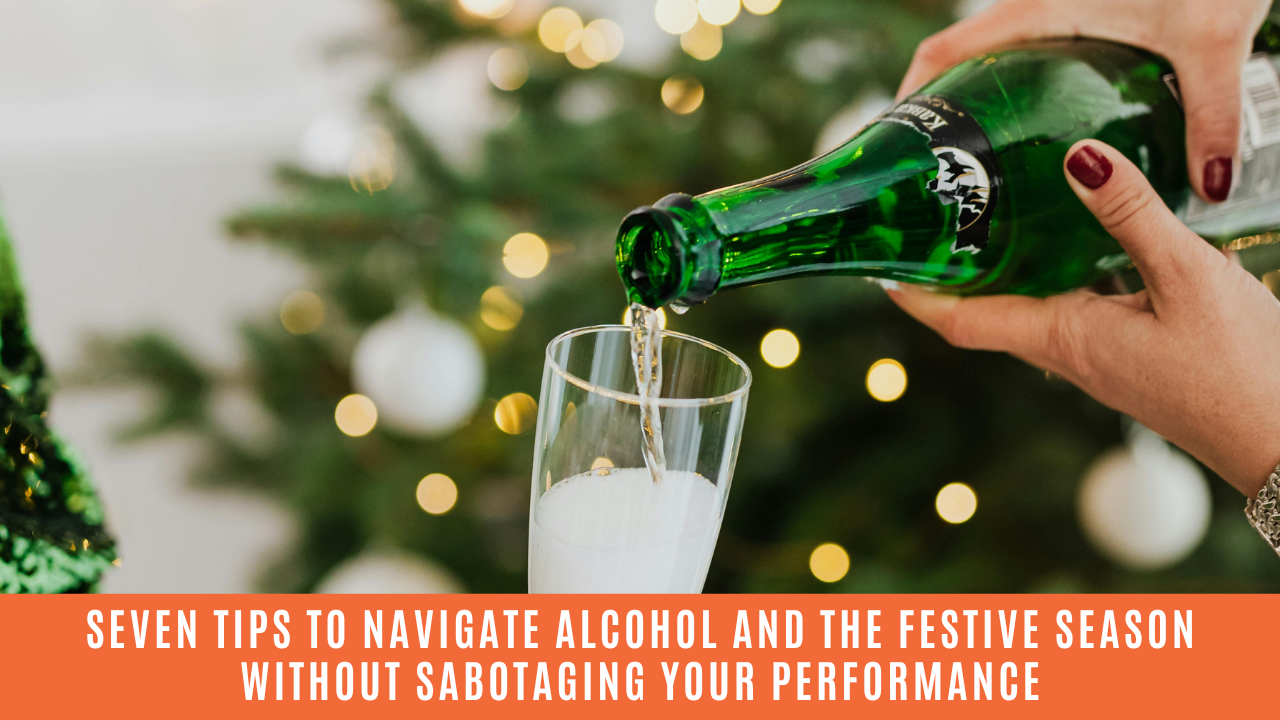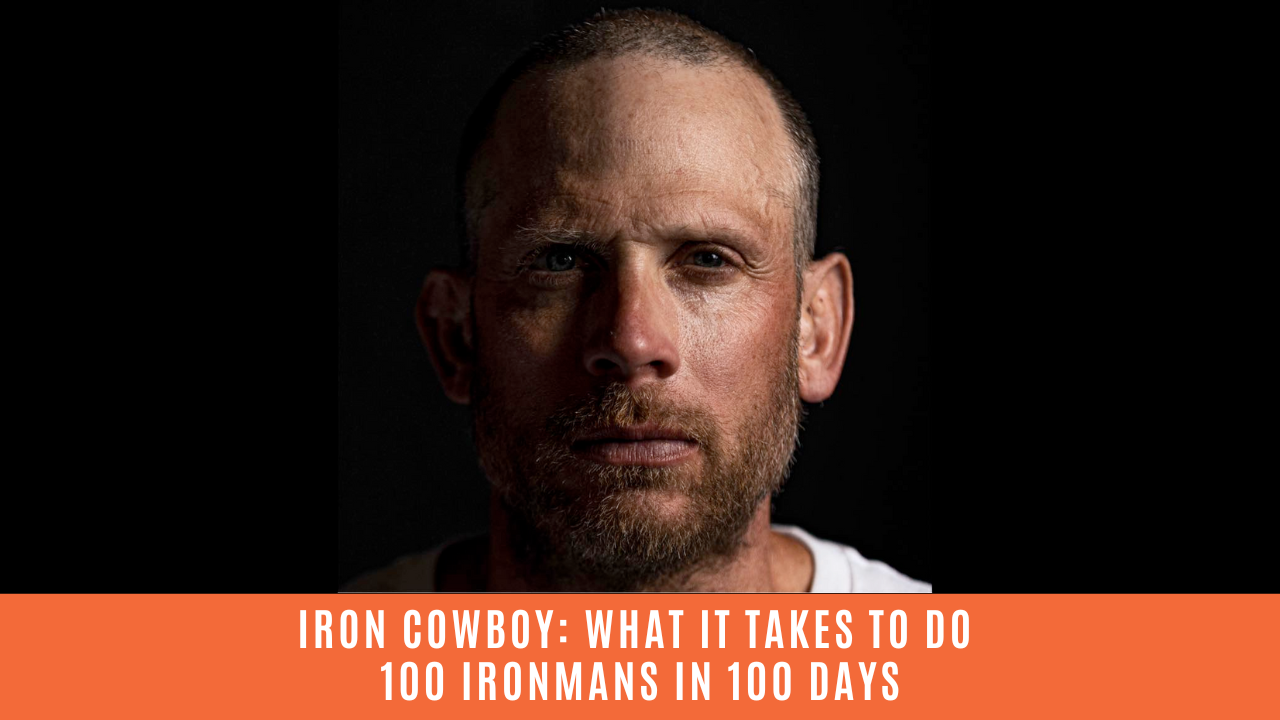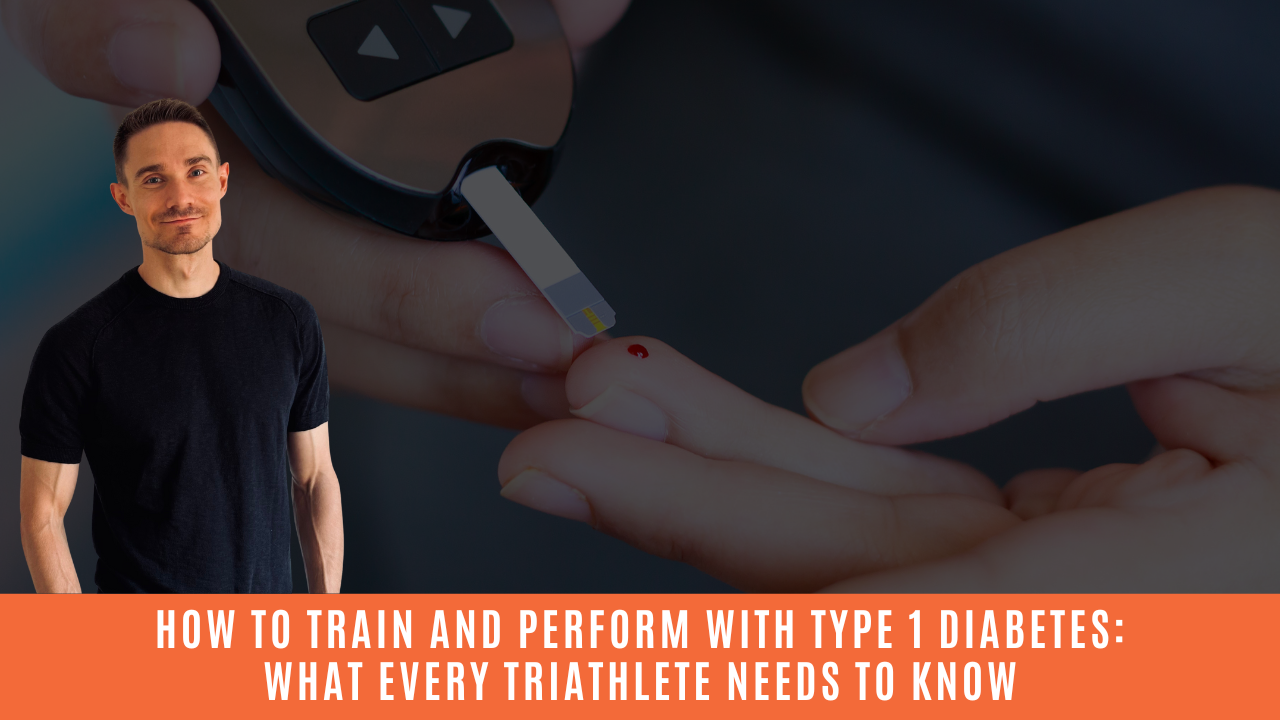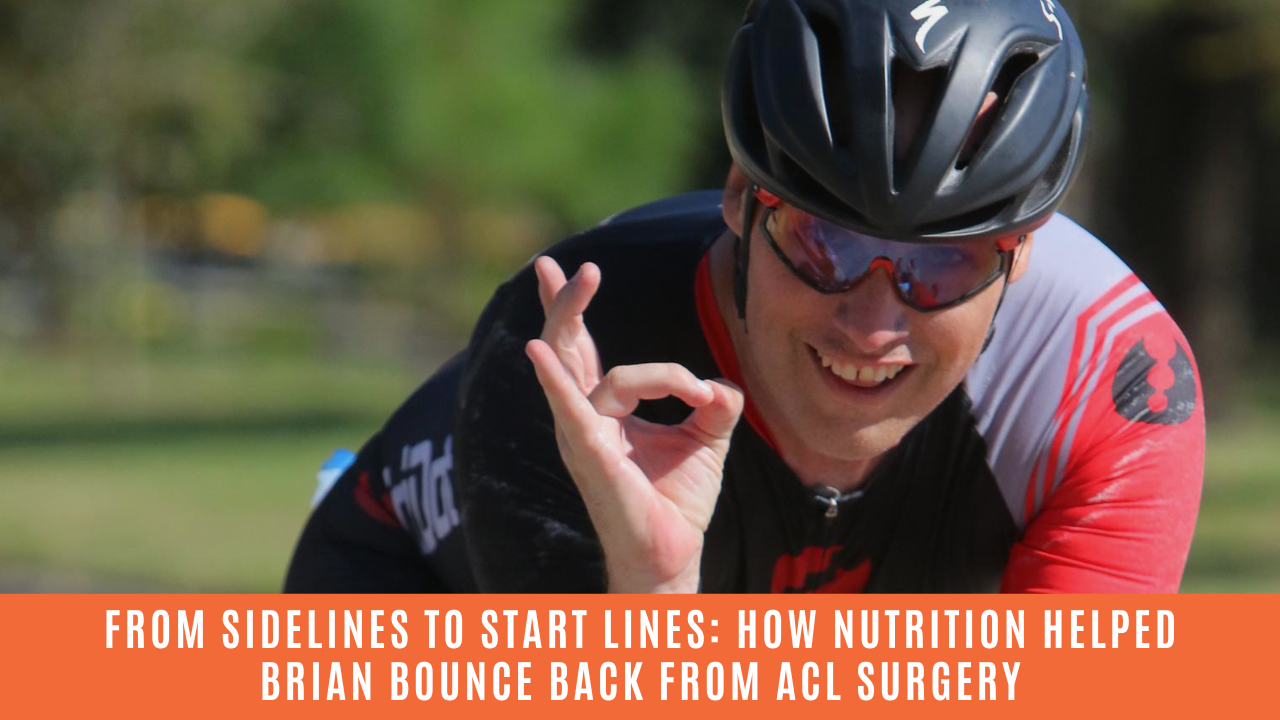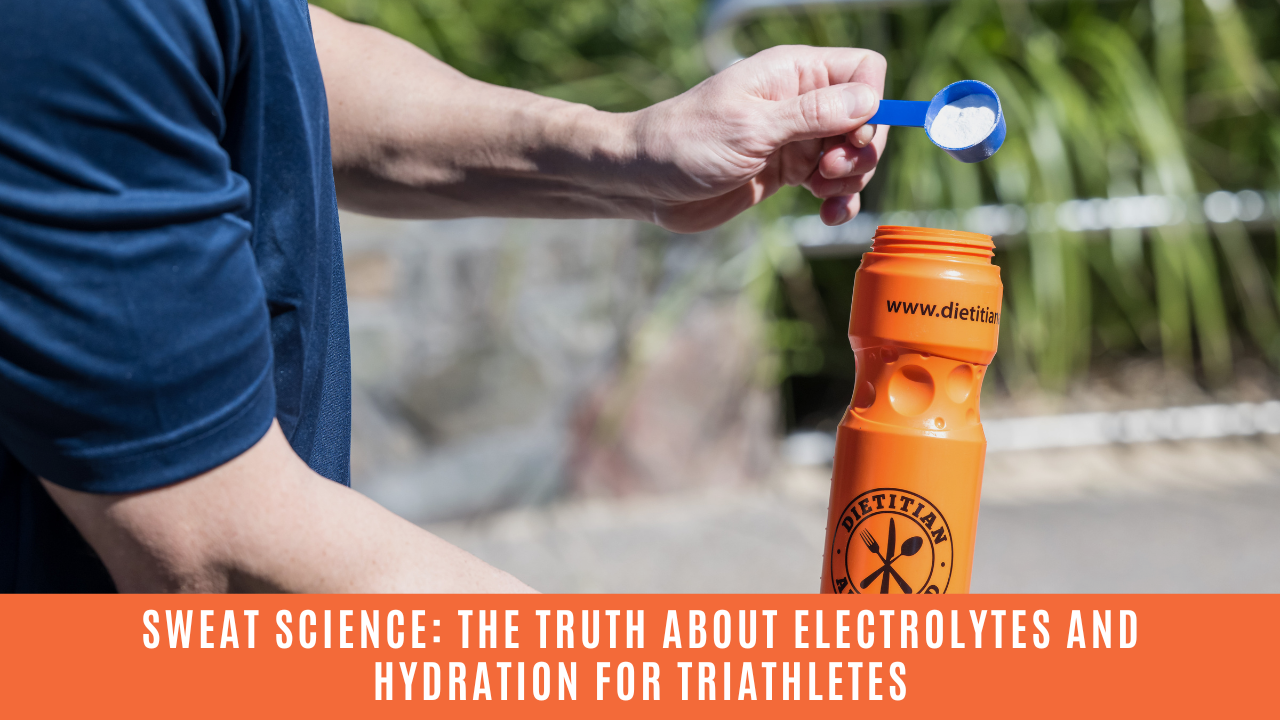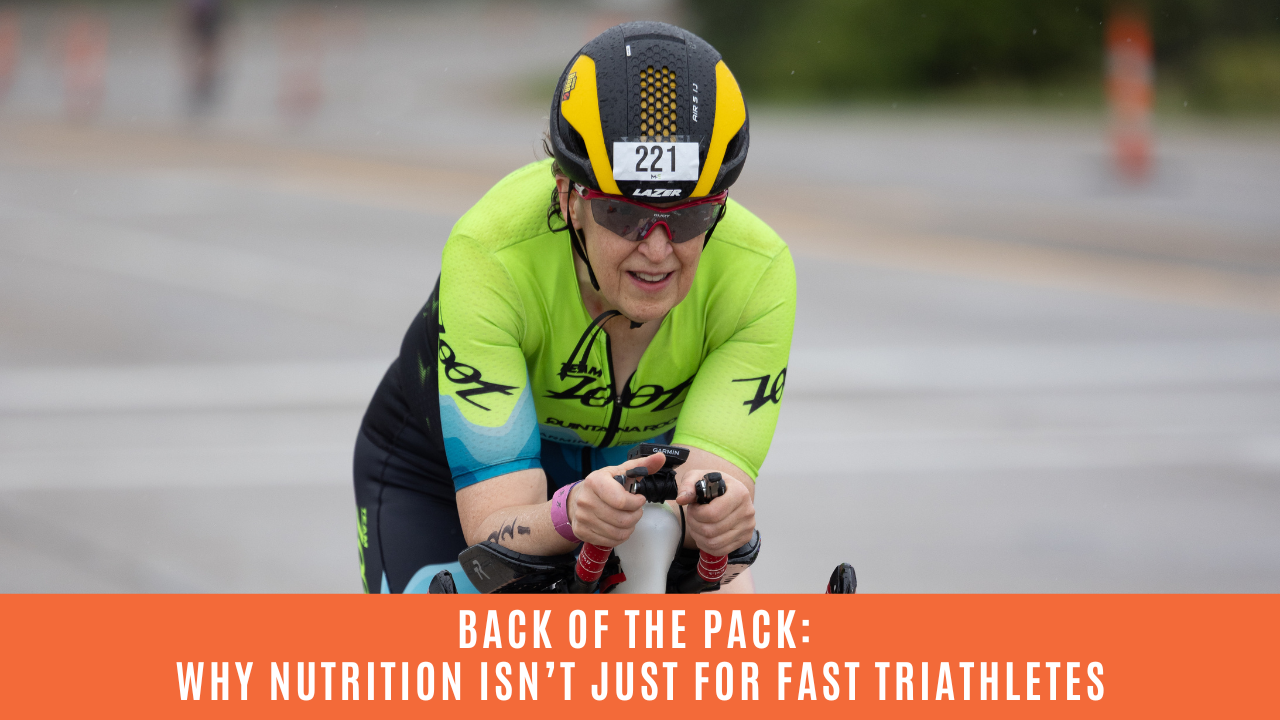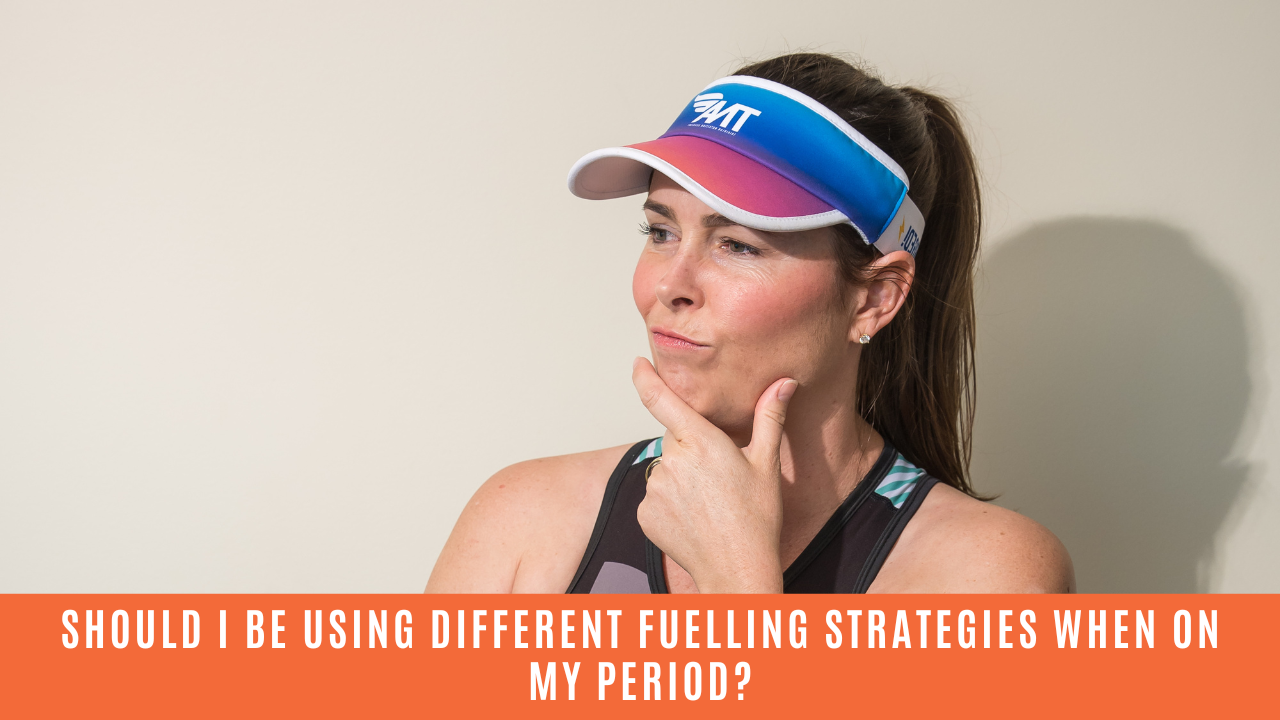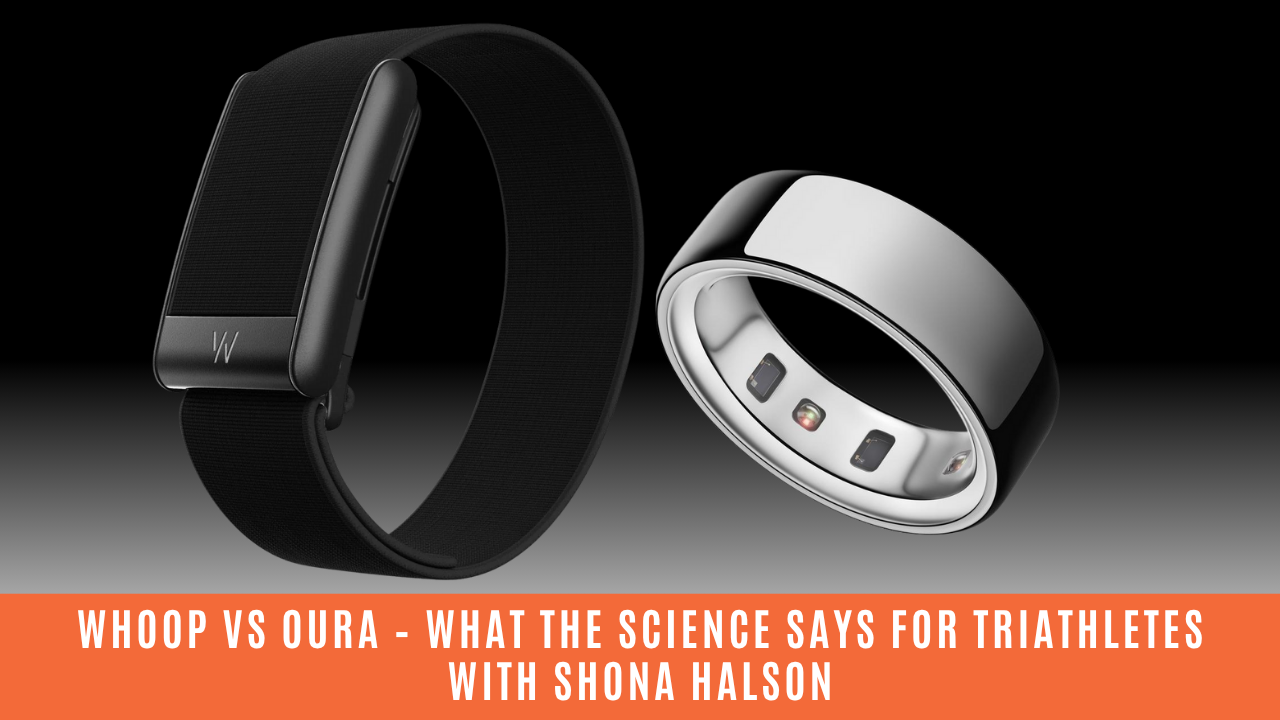Triathlon Nutrition Blog
Triathletes are no strangers to going all in. But what happens when you throw yourself into Ironman training with zero experience and think you can out-train a poor diet?
This is exactly what Daniel Walker did. In true Type A style, Dan went from never having done a triathlon to crossing the Ironma...
Triathletes, you train hard, invest in gear and follow structured programs, yet you might still be underperforming on race day. Why? Because you're relying on generic nutrition advice that doesn’t match your unique physiology.
This blog dives into the power of "N=1" – the scientific principle that ...
Are you a time-poor triathlete juggling family, work and training?
Meet Brian Joseph – a full-time professional, dad of three and Triathlon Nutrition Academy (TNA) graduate who recently shaved 45 minutes off his 70.3 PB. All while navigating a year of sleep deprivation, sick kids and a wife travell...
It’s that time of year again. Race season is in full swing here in Australia, and the Christmas parties are coming in hot. Meanwhile, our northern hemisphere triathletes are deep into off-season base building or burie...
If you're a triathlete, you've likely heard of James Lawrence — aka the Iron Cowboy. Completing one Ironman is impressive. Doing 100 of them, on 100 consecutive days? That's next-level bonkers.
But what does it actually take to fuel such a feat? And what can everyday age group triathletes learn fro...
Training with Type 1 Diabetes? Here's What You Need to Know
For triathletes living with type 1 diabetes (T1D), training isn’t just about nailing swim-bike-run. There’s a fourth leg that adds another layer of complexity: glucose management.
This blog dives into key takeaways from Episode 216 of the...
Triathletes, are you sidelined with an injury? You train hard, race harder, but when injury strikes, it can feel like everything comes to a screeching halt. That was Brian's reality after tearing his ACL in a backyard basketball game. But just nine months later, he’s back in the saddle, smashing 90k...
Are electrolyte drinks helping your training or just making expensive pee?
If you're a triathlete, you've seen the pastel-coloured powders and slick marketing promising better hydration, more energy and faster recovery. But here's the truth: most of it is hype. For endurance athletes, hydration is ...
If you're a triathlete training hard but not quite nailing your performance, your gut might be holding you back. Gut health is more than a wellness buzzword—it’s emerging research shows it plays a pivotal role in how you recover, adapt and perform.
In this blog, you'll learn:
- What the gut microb...
Back of the Pack? Why You Still Need to Nail Your Triathlon Nutrition
If you’re an age-group triathlete who proudly races from the back of the pack, you might think nutrition isn’t as important for you. Maybe you’ve thought, “I’m not fast enough to need gels” or “I’ll just eat some real food on the...
If you're a female triathlete who's ever questioned whether your nutrition needs to change depending on where you're at in your cycle, you're not alone.
Hormones shift throughout the month and can influence everything from metabolism and hydration to gut function and sleep. But does that mean you n...
Are Wearables Worth It? What Triathletes Should Know About WHOOP and Oura
If you're a triathlete, you're probably obsessed with data. Pace, watts, heart rate, sleep score, HRV, TSB... the list goes on. You’ve either already got a WHOOP or Oura — or you’re tossing up whether one is worth the investm...
